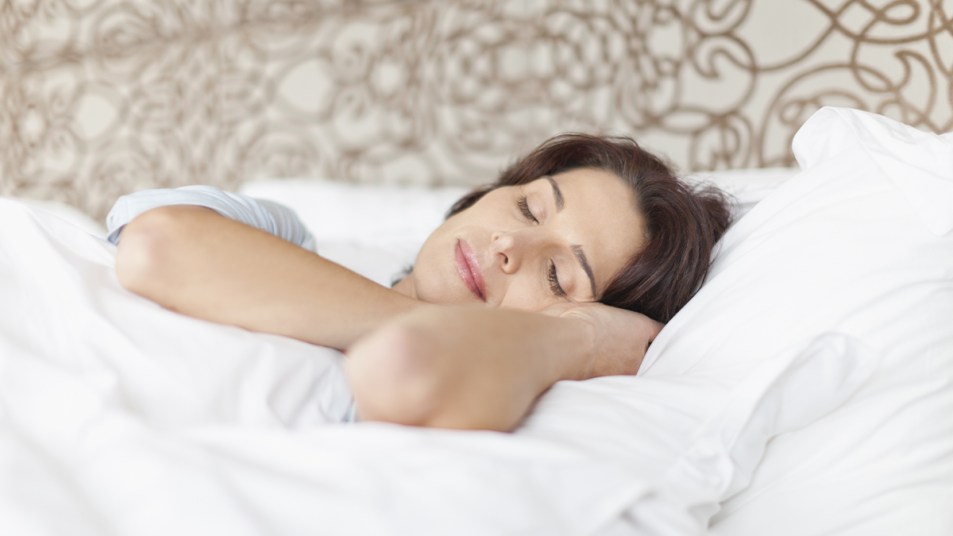Getting Less Than This Amount of Sleep Each Night Can Increase Your Risk of Dementia

We all know the tired and groggy feeling that happens after missing out on a good night’s sleep. But according to new research, not getting enough shut-eye can lead to something even more serious than feeling lethargic: It can increase your risk of dementia.
A recent study published in the journal Aging had 2,610 participants with the average age of 76 answer sleep questionnaires. It asked about their alertness, nap frequency, the time it takes them to fall asleep, sleep quality, duration, and snoring. Five years after the study concluded, they collected information about the participants’ health outcomes, such as dementia and premature death. Their results found that older adults who get less than five hours of sleep a night are twice as likely to develop dementia compared to those who sleep for 7 to 8 hours (the recommended amount for older adults).
“Our findings illuminate a connection between sleep deficiency and risk of dementia and confirm the importance of efforts to help older individuals obtain sufficient sleep each night,” lead author, Rebecca Robbins, PhD, said in a statement.
Another important observation from the study saw that those who typically took about 30 minutes or longer to fall asleep had a 45 percent greater risk of having dementia. Other factors such as difficulty staying alert throughout the day, poor sleep quality, and (again) sleeping five or less hours per night were linked to an increased risk of premature death.
So, to make sure we’re all getting good, uninterrupted nights of sleep, there are some do’s and don’ts we should keep in mind. The experts at Sleep Foundation suggest turning off our phone and other devices for at least half an hour before bed, because being exposed to the blue light can suppress melatonin (a key hormone for controlling your sleep-wake cycle). They also recommend not consuming alcohol and/or caffeinated drinks for a few hours before going to sleep because it can impact the quality of your rest.
But if you still enjoy having a nightcap on your bedside table, then sipping on a mug of herbal tea can have a calming effect on your body. A chamomile or lavender variety are especially soothing options. Also, giving yourself a foot bath in hot water for 20 minutes before you go to bed can nix any middle of the night tossing and turning. It’s not just an excuse for a relaxing DIY spa night — your brain will sense the dramatic increase in your foot’s temperature and calm the muscles and nerves throughout your body.
Making some small adjustments to your nighttime routine can help you drift off to sleep a lot quicker and stay asleep during the night. This in turn can decrease your chances of developing serious health issues over time like dementia — and ensure that you wake up refreshed and ready to take on the day!













